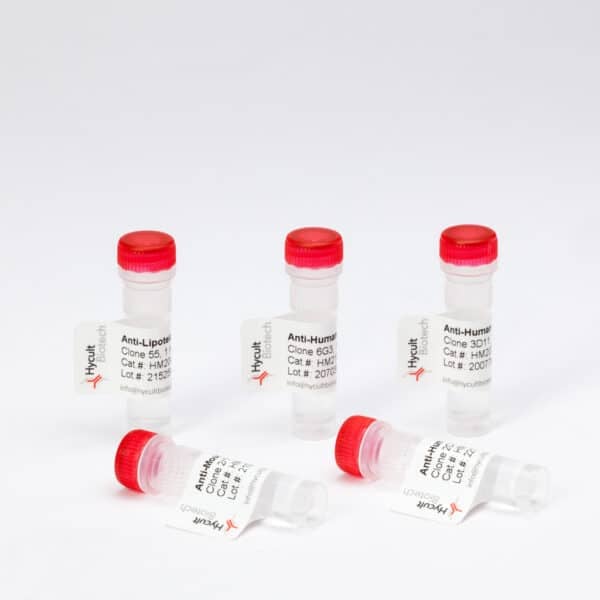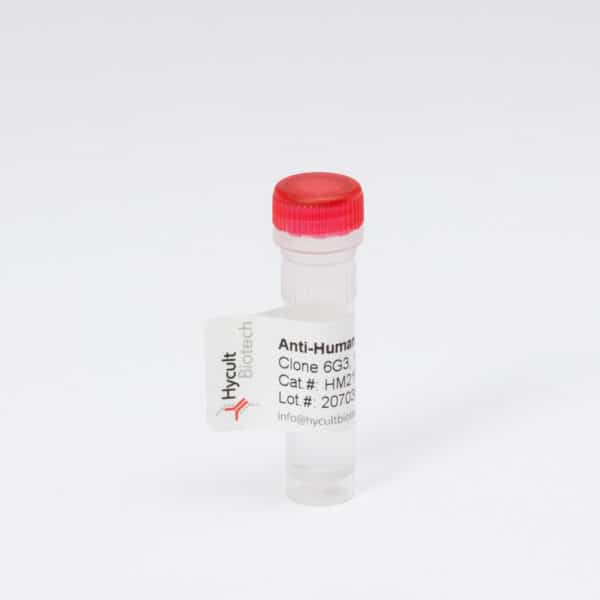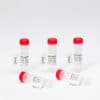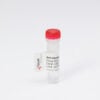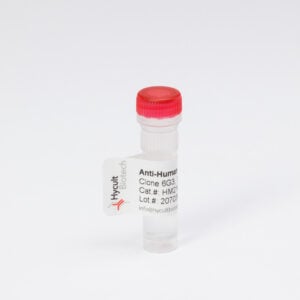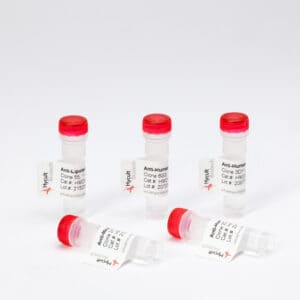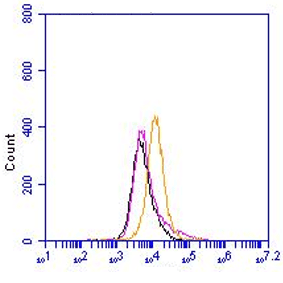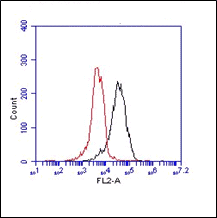CD36, Mouse, mAb CRF D2712
Monoclonal antibody CRF D-2712 (also known as JC63.1 or 63) reacts with mouse CD36 (85-kDa), a cell surface class B scavenger receptor.
Read more€320.00
Monoclonal antibody CRF D-2712 (also known as JC63.1 or 63) reacts with mouse CD36 (85-kDa), a cell surface class B scavenger receptor.
Recently, CD36 has been identified as a protein that is required for TLR2 recognition of di-acylated bacterial lipopeptides and lipoteichoic acid. CD36 is a heavily N-glycosylated transmembrane protein with two short intracellular domains and a large extracellular domain. CD36 expression is primarily controlled by the transcription heterodimer PPARg-RXR (peroxisome proliferator-activated receptor-g-retinoid-X-receptor). CD36 is preferentially found within lipid rafts, which facilitates its association with receptors, signalling and adaptor molecules. CD36 is expressed on monocytes, macrophages, endothelial cells, hepatocytes, erythrocytes, adipocytes, cardiomyocytes and red skeletal muscle. Importantly it is expressed by steriodogenic cells in the adrenal gland, testis and ovary.
CD36 has been implicated in many biological processes including angiogenesis, phagocytosis, inflammation, and lipid and glucose metabolism. CD36 is associated with Src-family kinases and with the integrins alpha3beta1 and alpha6beta1. It is a receptor and transporter of oxidized lipids and long chain fatty acids. CD36 has been shown to function as phagocytic receptor for apoptotic cells.
Several in vivo models support the role of the thrombospondin / CD36 system in angiogenesis and tumor growth. An important role for CD36 has been found in Malaria as major receptor for P. falciparum-infected red blood cells. Many different ligands have been reported to interact with CD36, suggesting that CD36 could recognize a structure-based domain rather than specific contact residues. Monoclonal antibody CRF D-2712 blocks CD36 binding. It is not known whether the antibody is activating or neutralizing. The antibody cross reacts with rat CD36.
